Project Team
Meet our team
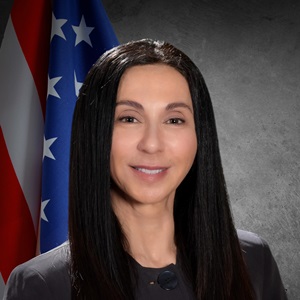
Lilian Alessa
Principal InvestigatorLilian Alessa
Lilian Alessa, University of Idaho’s president’s professor of resilient landscapes in the Landscape Architecture program, is also co-director of University of Idaho’s Center for Resilient Communities. She conducts extensive research on human adaptation to environmental change through resilient design at landscape scales. Much of her work is funded by the National Science Foundation, including projects awarded the Arctic Observing Network, Intersections of Food, Energy and Water Systems (INFEWS) and the Dynamics of Coupled Natural Human Systems programs. Canadian-born and raised, Alessa received her degrees from the University of British Columbia. She also uses her expertise is in social-ecological and technological systems science to develop ways to improve domestic resource security for community well-being, particularly through the incorporation of place-based knowledge. Her work through the Department of Homeland Security’s Center of Excellence, the Arctic Domain Awareness Center, involves developing social-technological methods to monitor and respond to critical environmental changes. Lil is a member of the National Science Foundation’s Advisory Committee for Environmental Research and Education and is on the Science, Technology and Education Advisory Committee for the National Ecological Observing Network (NEON). She has authored over 100 publications and reports and has led the development of 2 federal climate resilience toolbox assessments, the Arctic Water Resources Vulnerability Index (AWRVI) and the Arctic Adaptation Exchange Portal (AAEP).
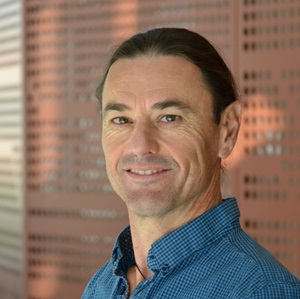
Andrew Kliskey
Co-Principal InvestigatorAndrew Kliskey
Andy Kliskey is President’s Professor of Community & Landscape Resilience and the Co-Director of the University of Idaho Center for Resilient Communities (CRC). Andy is the Idaho EPSCoR Director (Established Program to Stimulate Competitive Research). He is a social-ecological systems scientist with training as a land surveyor, regional and resource planner, and behavioral geographer. Andy has teaching and research experience in landscape ecology, behavioral and perceptual geography, geographic information systems (GIS), and stakeholder engagement. Andy has spent the last 25 years working in Maori communities in New Zealand, rural communities in western Canada, Inupiat communities in northwestern Alaska, Denai’na communities in south-central Alaska, and rural communities in Idaho examining community and landscape resilience. His teaching and research are interdisciplinary in nature and directed at integrated methodologies in social-ecological systems that combines stakeholder-engagement, scenario analysis, and geospatial modeling.
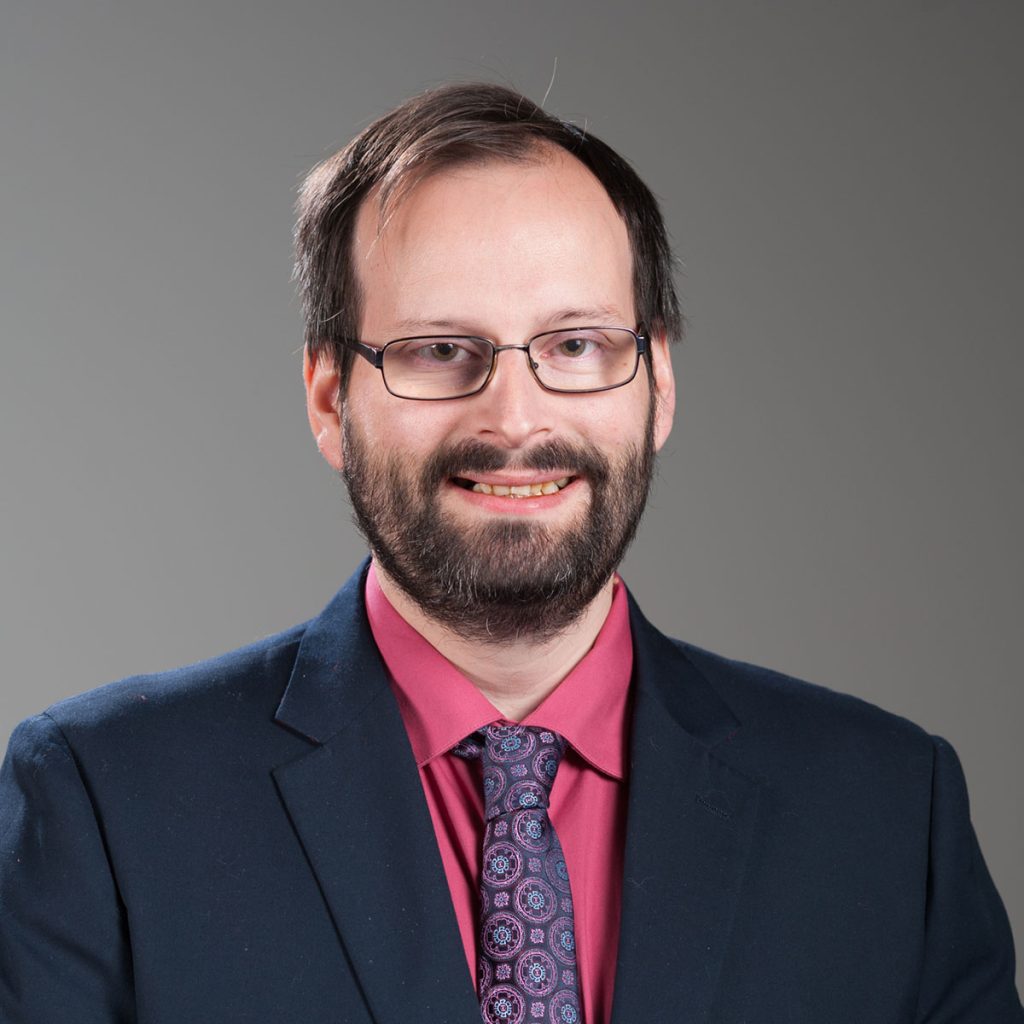
Alistair Smith
Co-Principal InvestigatorAlistair Smith
Dr. Alistair M.S. Smith is a Professor of wildland fire science in the College of Science at the University of Idaho. He is an associate editor on the International Journal of Wildland Fire and is currently the chair of the Department of Earth and Spatial Sciences.
Alistair has a BSc in Physics from the University of Edinburgh and a MSc in Physics from the University of London (King’s College London). He also has a doctorate in Geography from the University of London (King’s College London). He has been researching fires for over 20 years and regularly collaborates with people across the gamut of wildland fire science. He was most recently a Professor of wildland fire science in the College of Natural Resources at the University of Idaho.
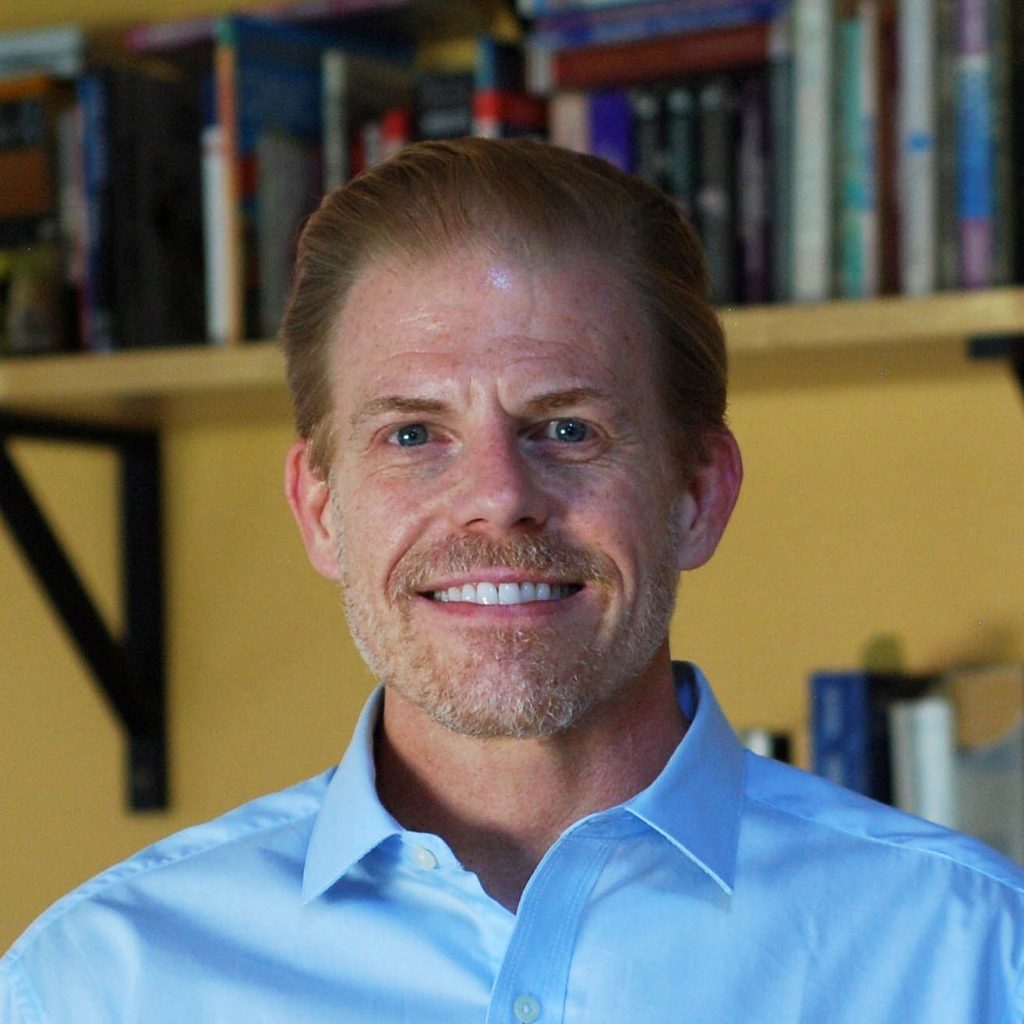
Erich Seamon
Co-Principal InvestigatorErich Seamon
Erich Seamon is a quantitative climatologist and spatiotemporal visualization modeler, who has an appointment as an Assistant Professor at the University of Idaho’s Department of Design and Environments. Dr. Seamon has a M.S. in Geosciences from Bowling Green State University and a Ph.D. in Natural Resources from the University of Idaho, with research focusing on statistical modeling techniques to explore natural system spatiotemporal relationships, intersecting with topical areas such as agricultural insurance and associations with climate, social determinants of health and COVID-19, and machine learning applications to human development. He is published in a number of journals, including PloS One, Environmental Science, and BMC Public Health.
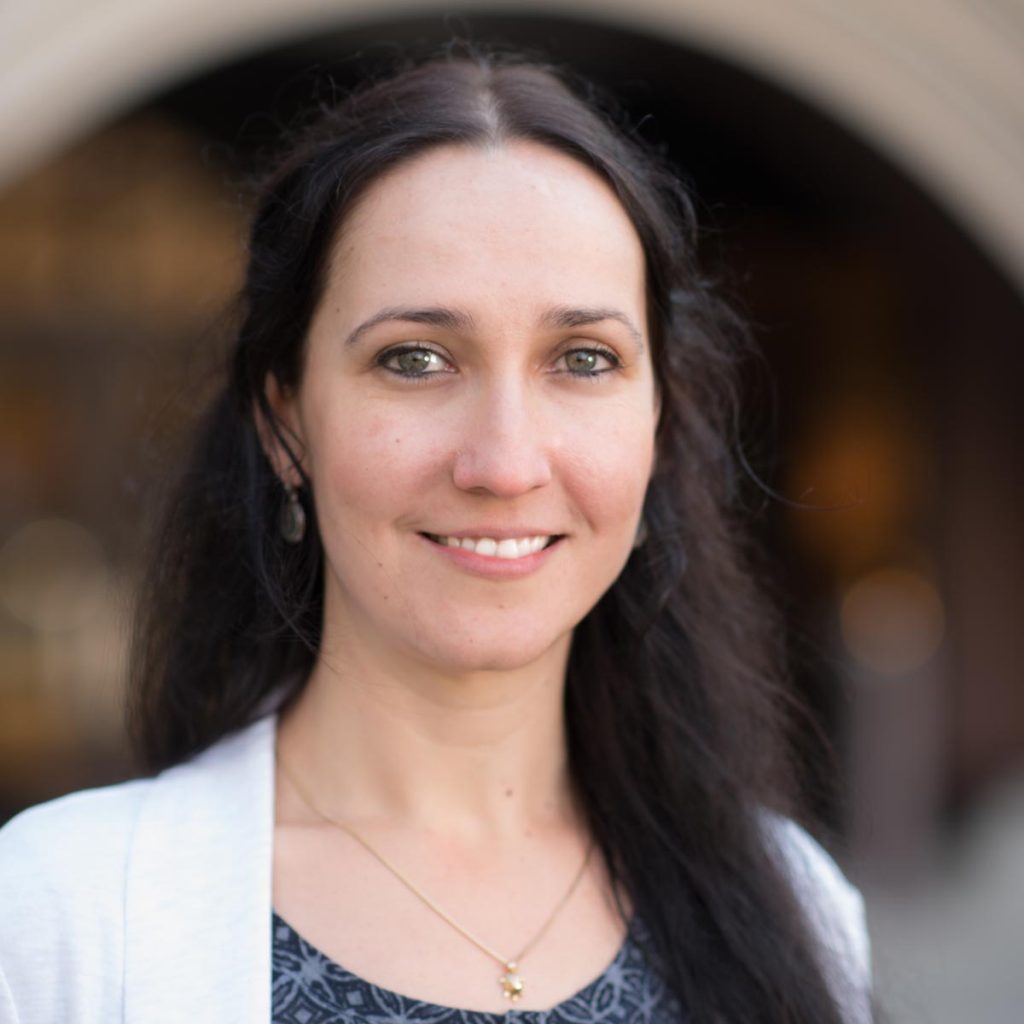
Mariana Dobre
FacultyMariana Dobre
Mariana Dobre is a Research Assistant Professor in the Department of Soil and Water Systems at the University of Idaho. She collaborates with land and water managers across the Western United States to improve understanding of the effects of forest management and wildfires on surface runoff and soil erosion. Mariana develops and provides training on decision-support tools designed to assist hydrologists and soil scientists from the Forest Service Burned Area Emergency Response teams in protecting values at risk following wildfires.

Scott Greeves
Postdoctoral ScientistScott Greeves
Dr. Scott Greeves holds a BSc in Environmental Geography and Climate Change from the University of East Anglia (UK), an MSc in Biology from Idaho State University, and a PhD in Communication from the University of Tennessee. He is a Postdoctoral Scholar whose research spans socio-ecological systems science, with a particular focus on ecosystem services, the science–policy interface, and social perceptions of environmental change.
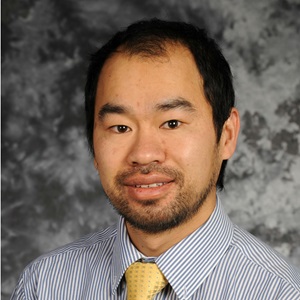
Roger Lew
FacultyRoger Lew
Roger Lew is a Ph.D. in Neuroscience and a faculty member in Virtual Technology and Design at the University of Idaho. His research spans decision support tools for land management, simulation, and process control human factors, with a focus on leveraging virtual technologies to address complex human factors and environmental engineering challenges. Dr. Lew’s work integrates virtual design, simulation, and human-computer interaction to foster safe and reliable human machine systems and environmental sustainability. His research aims to enhance both human well-being and ecosystem resilience through innovative, technology-driven solutions.

Kanghyun Lee
FacultyKanghyun Lee
Dr. Kanghyun Lee, an Assistant Professor in the Department of Design & Environment at the University of Idaho, engaged in researching the complex challenges posed by climate change, particularly its impacts on environmental shifts and human health. He is interested in interdisciplinary tools such as spatial statistics, geographic information systems (GIS), and climate modeling to address these pressing issues. Dr. Lee’s research is centered on social vulnerabilities and environmental inequities exacerbated by extreme heat environments. He focuses on the effective implementation of green infrastructure at various scales to enhance heat-related community resilience in both urban and rural areas. He remains committed to exploring innovative solutions that mitigate climate-induced disparities and promote sustainable development.
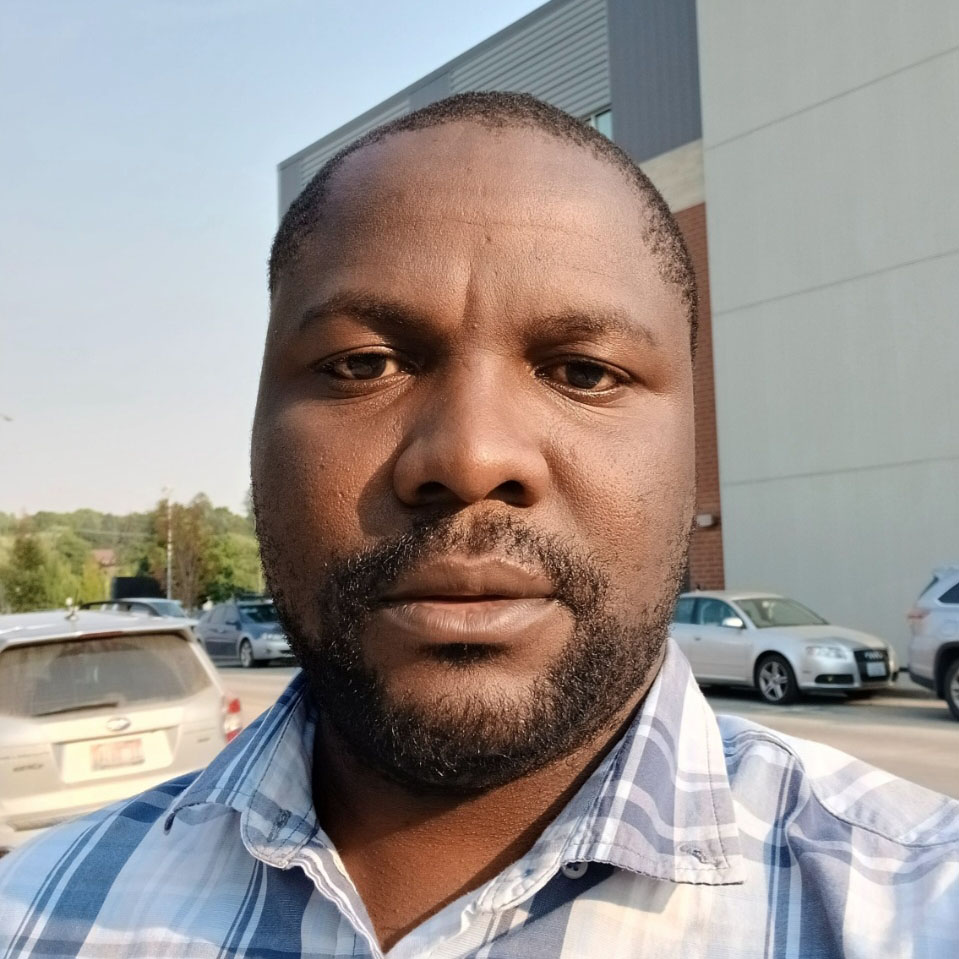
Farirai Rusere
Postdoctoral ScientistFarirai Rusere
Farirai is a multidisciplinary researcher specializing in rural socio-ecological systems. He holds a PhD in Environmental and Geographical Science from the University of Cape Town. He has expertise in agriculture, agroecology, agricultural meteorology, climate change, and statistical, crop, and socio-ecological systems modeling. His aspiration is to enhance food security, human well-being, and environmental sustainability through quantitative and socio-technical approaches that engage stakeholders and address their needs.
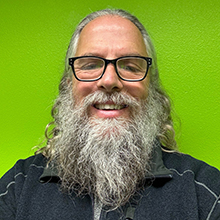
Jeffrey Logan
PhD StudentJeffrey Logan
Jeffrey Logan’s fire science research combines advanced modeling with local knowledge to develop predictive tools that protect communities. By integrating real-time data and capturing the unique fire behaviors of each landscape, this work strengthens fire management practices, empowering communities to build resilience and respond swiftly to escalating wildfire risks.
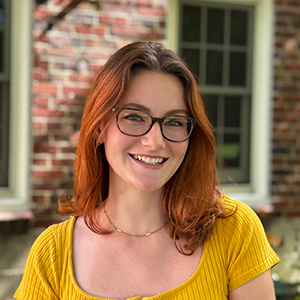
Maddie Stanley
PhD StudentMaddie Stanley
Maddie Stanley is a PhD student at the University of Idaho studying fire science. She has her bachelor’s degree in geography and a certificate in GIS.
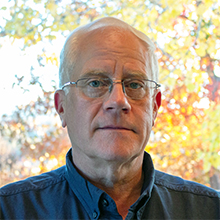
Sean Moon
Community and Government LiaisonSean Moon
Sean Moon is a retired civil servant and U.S. Coast Guard officer. His final federal position was Chief of Global Strategies in the Department of Homeland Security Office of Strategy, Policy, and Plans. Prior to that, he served as the Senior Advisor to the Assistant Secretary for Borders, Immigration, and Trade, as the Director, Transportation and Cargo Security, and as a Senior Policy Advisor (Maritime). Among other projects, he led development of policies and strategies for Arctic security, the DHS Small Vessel Security Strategy, the National Strategy for Global Supply Chain Security, and the DHS Northern Border Strategy. Between 2011 and 2016, he chaired the Asia-Pacific Economic Cooperation Sub-group for Maritime Security, both developing U.S. policies and facilitating global and regional integration amongst the 21 member economies. Between 2021 and 2022 he served on a rotational assignment to the Department of Defense as a Special Advisor to the Office of the Undersecretary of Defense for Policy. Over the course of his 20-year Coast Guard service, he specialized in port operations and emergency management, conducting and supervising commercial and passenger vessel and facility safety and security programs, waterways management programs, and oil/hazardous materials and natural disaster response operations. His final Coast Guard tour was on detached duty as the Senior Policy Advisor (Maritime) to DHS Policy, a position that the Department made permanent in 2009. Mr. Moon is an Excellence in Government Senior Fellow and a Certified Port Executive/member of the International Association of Maritime & Port Executives.
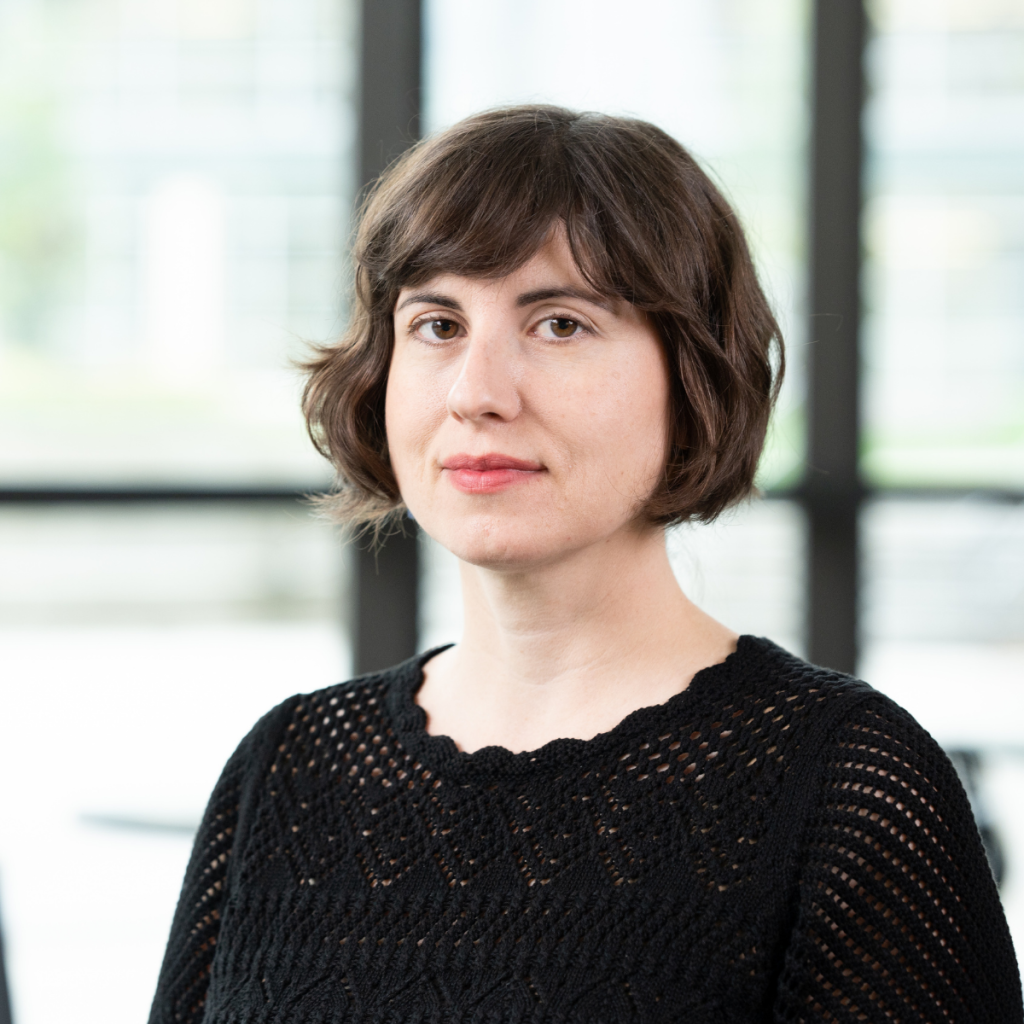
Liz Rousseau
Program CoordinatorLiz Rousseau
Liz has been at the Center for Resilient Communities at the University of Idaho since the summer of 2023. She has a degree in Community Development through Portland State University. She returned to the Palouse and has volunteered for nature- and arts-based organizations, worked on historic preservation and downtown revitalization efforts, served on her local government, and assisted in programs to support food security in her rural community.
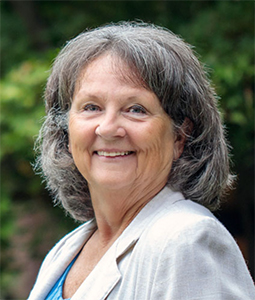
Susan Cutter
Principal InvestigatorSusan Cutter
Susan Cutter, Carolina Distinguished Professor co-directs the University of South Carolina’s Hazards Vulnerability and Resilience Institute. She has authored nearly two hundred publications on hazards, risk, vulnerability and disaster resilience. For those contributions she was elected to the American Academy of Arts and Sciences as well as the U.S. National Academy of Sciences.
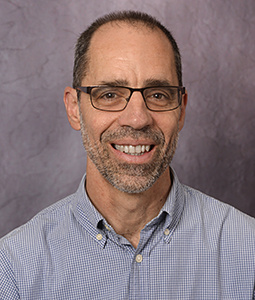
Greg Carbone
Co-Principal InvestigatorGreg Carbone
Greg Carbone, Professor of Geography examines climate variability and change, climate impacts, and the use of climate information in resource management. His work examines the spatial and temporal nature of drought and heat in agricultural contexts, and the use of climate science in local to state decision-making including hydroclimate extremes. He was a lead author of the climate chapter for the South Carolina State Resilience Plan. He is an award-winning instructor at the University of South Carolina for his weather and climate courses.
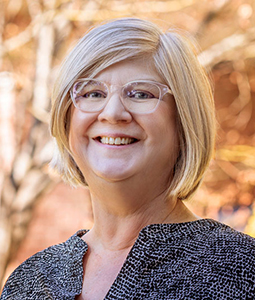
Kirstin Dow
Co-Principal InvestigatorKirstin Dow
Kirstin Dow, Professor of Geography, investigates climate impacts, vulnerability, and adaptation. Her work currently focuses on adaptation to extreme heat. Her work includes numerous articles, an Atlas of Climate Change (with Tom Downing), edited volumes, and co-authored chapters of US National Climate Assessment (3rd and 4th) and Intergovernmental Panel on Climate Change (AR5) reports. She is a Fellow of the American Association for the Advancement of Science.
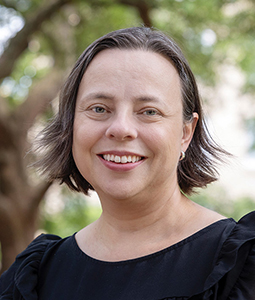
April Hiscox
Co-Principal InvestigatorApril Hiscox
April Hiscox, Professor of Geography is a boundary-layer meteorologist with interests in field measurements. She uses remote sensing techniques to understand aerosol dispersion (including smoke), turbulence in boundary layers, and monitoring heat and water transfers (land-air interactions) in agriculture field settings. Her publications include her edited book, Conceptual Boundary Layer Meteorology (Academic Press/Elsevier), and articles in leading agricultural meteorology journals (Agricultural and Forest Meteorology, Boundary-Layer Meteorology), in addition to the Bulletin of the American Meteorology Society (BAMS). She is a Michael J. Mungo Award winner (the University’s highest teaching recognition).
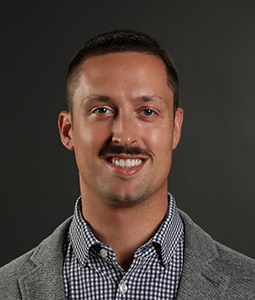
Brett Robertson
Co-Principal InvestigatorBrett Robertson
Brett Robertson, Associate Professor in the College of Information and Communications at the University of South Carolina, focuses on disaster preparedness, risk communication, and the communication barriers faced by vulnerable populations. His work includes numerous articles and book chapters on disaster resilience, climate change communication, and community engagement. He has received several awards, including the W. Charles Redding Outstanding Dissertation Award from the International Communication Association. He is also an affiliate faculty member at the Hazards Vulnerability and Resilience Institute.

Shadya Davis
Research Assistant ProfessorShadya Davis
Shadya Davis is a Research Assistant Professor in the Department of Geography at the University of South Carolina. Her research bridges the critical gap between atmospheric sciences and human behavior during extreme weather events. Dr. Davis investigates how communities perceive and respond to weather risks, examining the complex interplay between meteorological information, human decision-making, and protective actions. By combining meteorological training with social science approaches, she seeks to strengthen community resilience to extreme weather events.
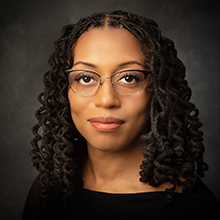
Parthenia Luke
Research Assistant ProfessorParthenia Luke
Parthenia Luke, Research Assistant Professor in the College of Social Work at the University of South Carolina, studies displacement pressure – a form of chronic stress resulting from gradual changes in the physical or social environment that compel individuals to consider leaving their surroundings. She presently studies this phenomenon’s effect on physical and mental health outcomes in the contexts of climate change as well as neighborhood gentrification.

Varun Goel
Assistant ProfessorVarun Goel
Varun Goel, Assistant Professor in Geography at the University of South Carolina, examines how climate change and human-environment interactions influence population health risks across diverse global settings. As an interdisciplinary population health scientist, he has contributed to several externally funded studies, designing field surveys, incorporating spatial analysis and remote sensing into study designs, and employing diverse geospatial and epidemiological methods related to geostatistics, remote sensing, causal inference, and machine learning. A key aspect of his work involves fostering long-term collaborations across the US and the Global South and translating research findings into actionable policies through active engagement with policymakers.
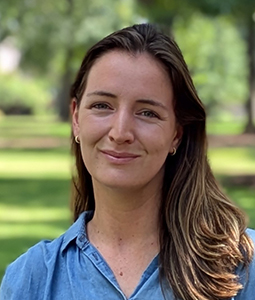
Margot Habets
Research AssociateMargot Habets
Margot Habets received her Ph.D. in August 2025 from the University of South Carolina where she wrote her dissertation on measuring and implementing community resilience metrics, co-produced with South Carolina’s Office of Resilience. In her current position, she continues to study local and statewide characteristics of community resilience, social vulnerability, and hazard exposure, and serves as an academic liaison for the SCOR, specializing in the transfer of hazards science into practical applications.
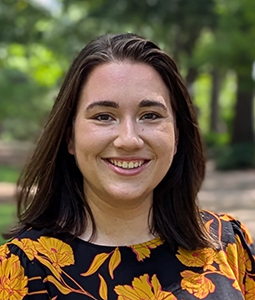
Gwyneth Waddington
PhD StudentGwyneth Waddington
Gwyneth Waddington is a first-year doctoral student working under the guidance of Dr. Susan Cutter at the University of South Carolina. She holds a bachelor’s degree in environmental science and economics, and in 2025 completed her master’s degree in geography. Her research focuses on regional economic specialization and shifts in firm locations in response to major disaster events.
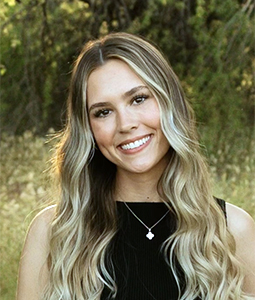
Eliza Joy
PhD StudentEliza Joy
Eliza is a Ph.D. student at the University of South Carolina studying Psychology with a concentration in School Psychology. She earned dual B.S. degrees in Psychology and Neuroscience from Arizona State University in 2024. Her broad interests center on integrated collaborations between schools, healthcare, and community systems to promote youth well-being. Eliza’s current research focuses on recovery-oriented approaches for adolescents with substance use disorders, with an emphasis on recovery high schools as integrated models of behavioral health care within educational settings.
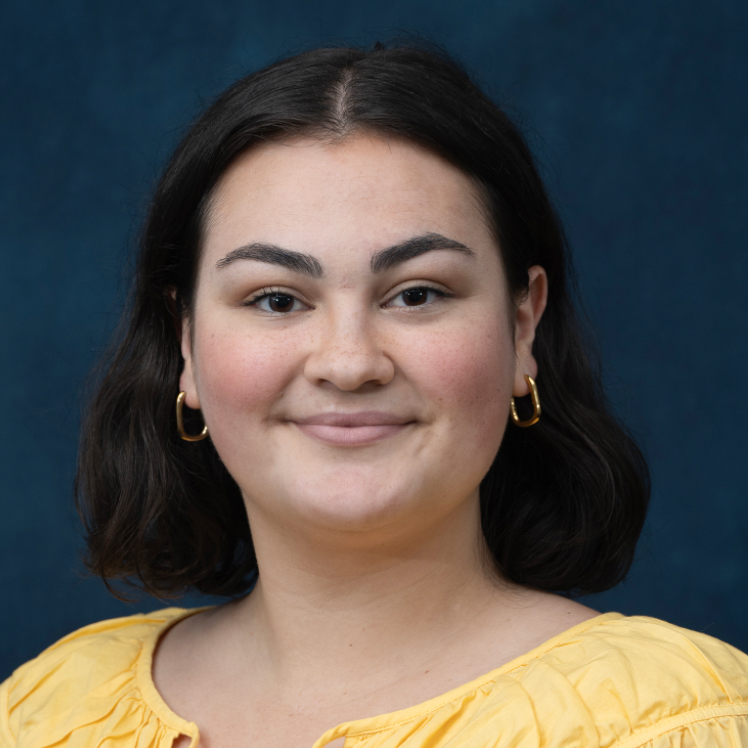
Madison Nordberg
Graduate StudentMadison Nordberg
Maddie is a second-year master’s student studying climatology under the advisement of Dr. April Hiscox at the University of South Carolina. She holds a bachelor’s in environmental science from the University. Her research focuses on heat communication, primarily the impact of heat on individual to community decision making.
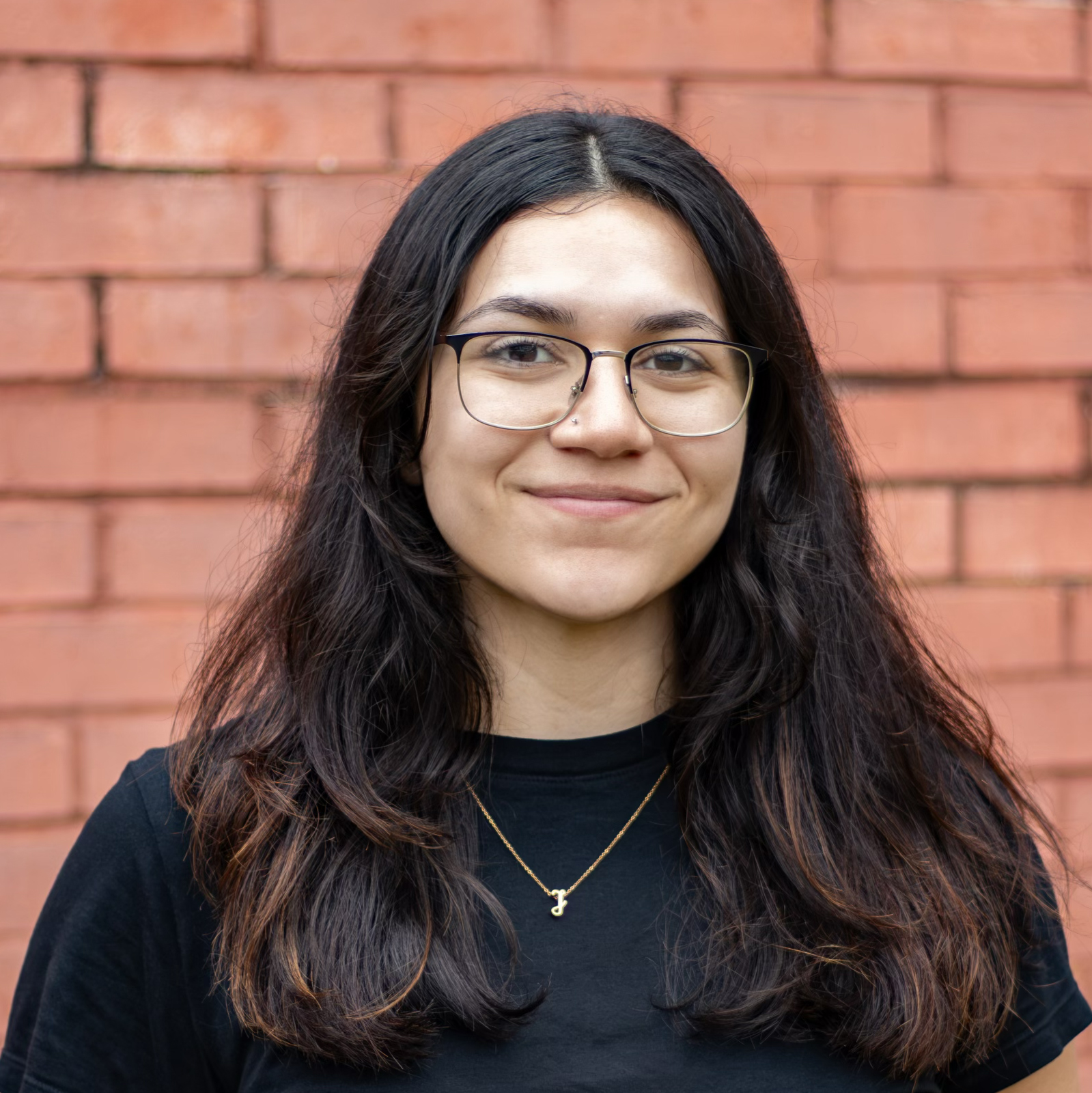
Julie Salinas
Project CoordinatorJulie Salinas
Julie Salinas, M.Ed., is a research specialist and at the Hazards Vulnerability and Resilience Institute at the University of South Carolina. Her research focuses on risk perceptions and behavioral outcomes among vulnerable populations concerning heat and climate-related challenges, utilizing advanced quantitative statistical methods. Her work has been featured in the International Journal of Environmental Research and Public Health.
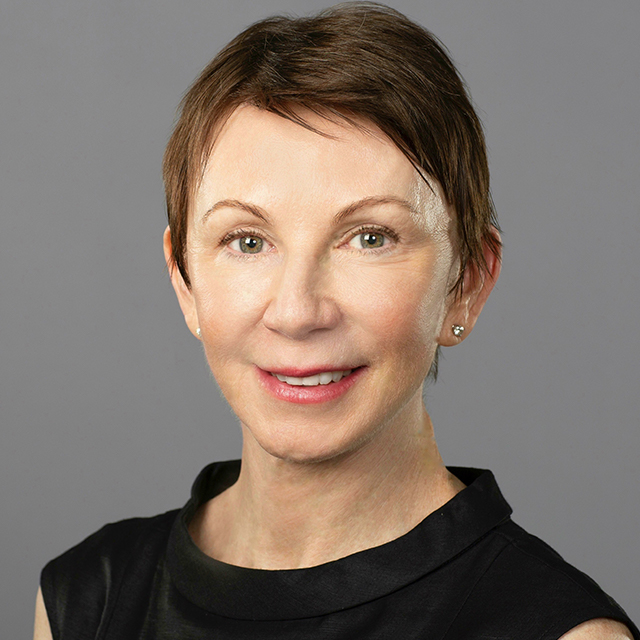
Loretta Singletary
Principal InvestigatorLoretta Singletary
Loretta Singletary is a professor in the Department of Economics at University of Nevada, Reno and the Interdisciplinary Outreach Liaison with the University of Nevada, Reno Extension. Dr. Singletary is nationally recognized for her collaborative research approaches to effectively addressing natural resources and climate change issues. She has decades of experience bringing scientists and communities together by conducting community-based participatory research and outreach programs to co-produce new knowledge supporting natural resource management decisions.
Dr. Singletary’s current integrated research and outreach projects include evaluating alternative water allocation mechanisms; assessing and enhancing community climate resiliency in snow-fed arid land river systems; reclaiming water resources for food security; enhancing Indigenous community climate resiliency and planning; and identifying sustainable agriculture and water resource management issues unique to Indigenous lands.
Contact: singletaryl@unr.edu
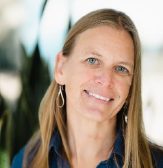
Christine Albano
Co-Principal InvestigatorChristine Albano
Dr. Christine Albano is an associate research professor with the Desert Research Institute. Her research is focused on developing better understanding of the impacts of extreme precipitation, drought, and increasing atmospheric water demands on natural systems and communities of the western US, with the goal of informing planning under changing climate. Christine holds a PhD in Hydrologic Sciences from University of Nevada, Reno, an MS in Ecology from Colorado State University, and a BS in Biology (Minors: Chemistry and Environmental Studies) from Westminster College.
Contact: Christine.Albano@dri.edu
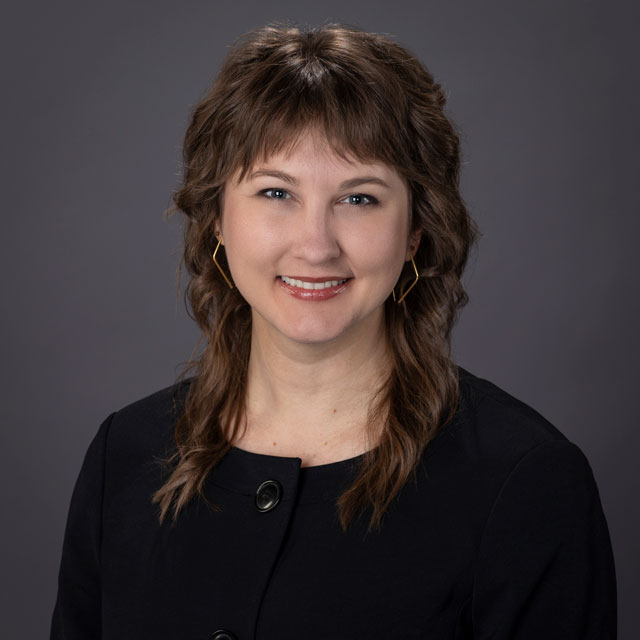
Elizabeth Koebele
Co-Principal InvestigatorElizabeth Koebele
Elizabeth A. Koebele, Ph.D., is an Associate Professor of Political Science (Public Policy) and Affiliated Faculty in the Graduate Program of Hydrologic Sciences at the University of Nevada, Reno. She holds a Ph.D. and M.S. in Environmental Studies from the University of Colorado-Boulder, and B.A.s in English and Education from Arizona State University. Dr. Koebele researches and teaches about water policy and management in the western United States, with a focus on understanding the impacts of collaborative policy-making processes on governance and environmental outcomes in the Colorado River Basin. She also co-edits the scholarly journal Policy & Politics.
Contact: ekoebele@unr.edu
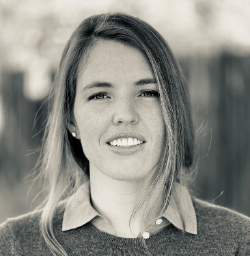
Beatrice Gordon
Co-Principal InvestigatorBeatrice Gordon
Dr. Beatrice Gordon is a postdoctoral researcher at the Desert Research Institute. Growing up on a cattle ranch in northeastern Wyoming, Dr. Beatrice Gordon has a lifelong passion for water that has fueled her professional and personal development. At DRI, Dr. Gordon’s applied, and interdisciplinary research program focuses on climate adaptation to changes in snow, spanning hydrology, land use, economics, and social science. Her research often uses a diverse mix of tools including big data, computational models, and social science methodologies.
Contact: Beatrice.Gordon@dri.edu
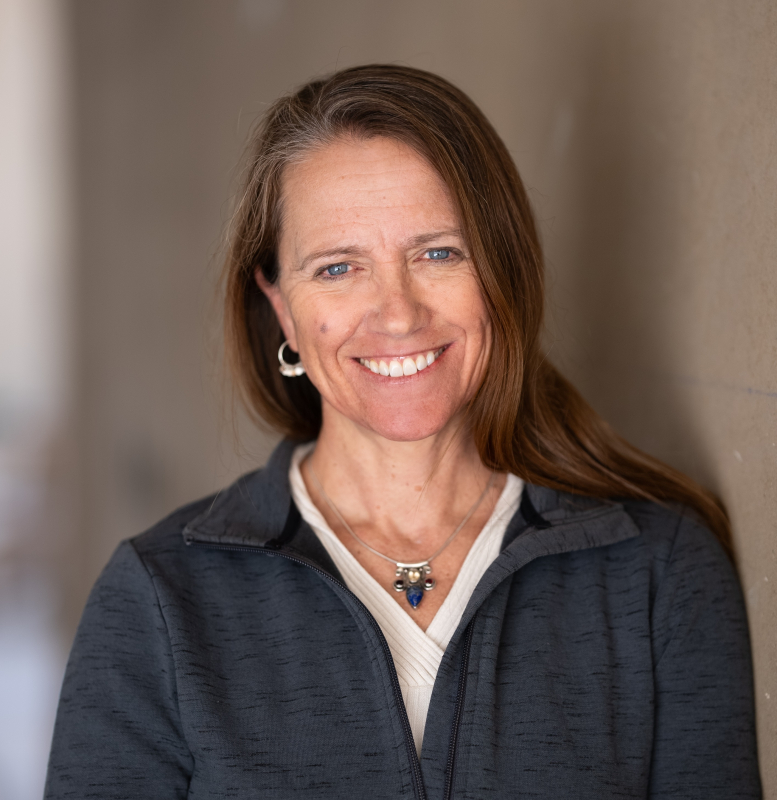
Rosemary Carroll
Senior FacultyRosemary Carroll
Dr. Rosemary Carroll is a research professor at the Desert Research Institute. She received her undergraduate degree in Physics from Bates College in Maine, and her MS and PhD from the University of Nevada, Reno in Hydrology. Her research focuses on integrated hydrological studies of mountain watersheds; and interdisciplinary research in social-hydrologic systems. Dr. Carroll’s work combines observational and numerical methods to better understand water availability and water quality as functions of climate, land use and institutional capacity.
Contact: Rosemary.Carroll@dri.edu

Enoch Adom
Postdoctoral ScientistEnoc Adom
Dr. Enoch Adom is a Postdoctoral Scientist in the College of Business at University of Nevada, Reno. He is working with Dr. Dilek Uz and Dr. Loretta Singletary on the economics of climate change adaptation and perceptions. Dr. Adom holds a PhD in Agricultural Economics from Oklahoma State University, a Master’s in Agribusiness and Applied Economics from North Dakota State University, and a Bachelor’s in Agribusiness Management from Kwame Nkrumah University of Science & Technology, Ghana. Enoch’s research focuses on production economics, crop modeling, agribusiness, and international trade. Enoch is passionate about advancing agricultural economics through innovative research and practical applications.
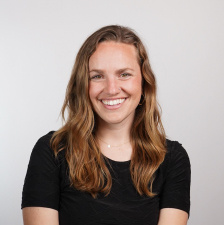
Gina Gilson
Postdoctoral ScientistGina Gilson
Gina Gilson is a postdoctoral researcher at the University of Nevada, Reno. She is broadly interested in environmental governance, including how decisions are made, whose voices are represented in decision-making, and how policies are implemented in decentralized settings. In her research, she has used qualitative methods to examine water governance challenges in different contexts, including in the Western US and Kenya. She received her PhD and MSc from the University of Oxford’s School of Geography and the Environment, and holds B.S. degrees in Biology and Environmental Science from Creighton University in her home state of Nebraska. She has worked as a researcher through a Maria Skłodowska-Curie Fellowship with the NEWAVE Next Water Governance Innovative Training Network (funded through EU Horizon 2020), and most recently worked as a research scientist at the Udall Center for Studies in Public Policy (University of Arizona).
Contact: ggilson@unr.edu
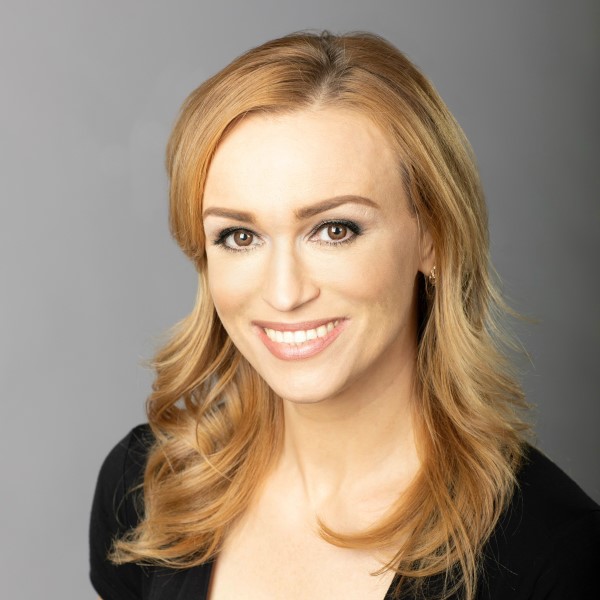
Olga Ilchuk
Support StaffOlga Ilchuk
Olga Ilchuk is an administrative faculty member in the Department of Economics and University of Nevada, Reno Extension. Ms. Ilchuk has extensive experience in the administration and implementation management of large-scale interdisciplinary research and extension projects addressing natural resources and climate change issues, including several NSF-funded projects.
Contact: oilchuk@unr.edu
